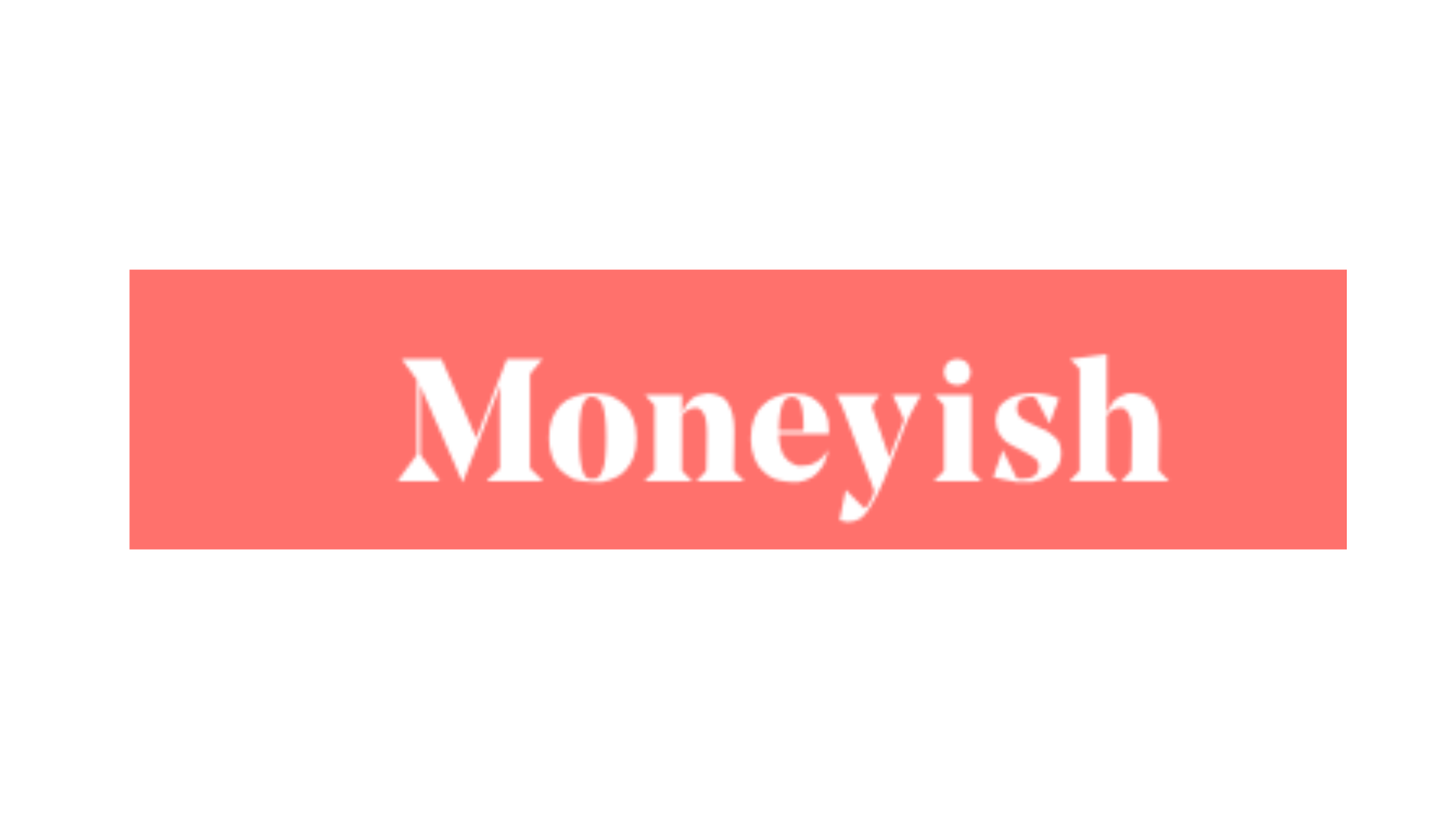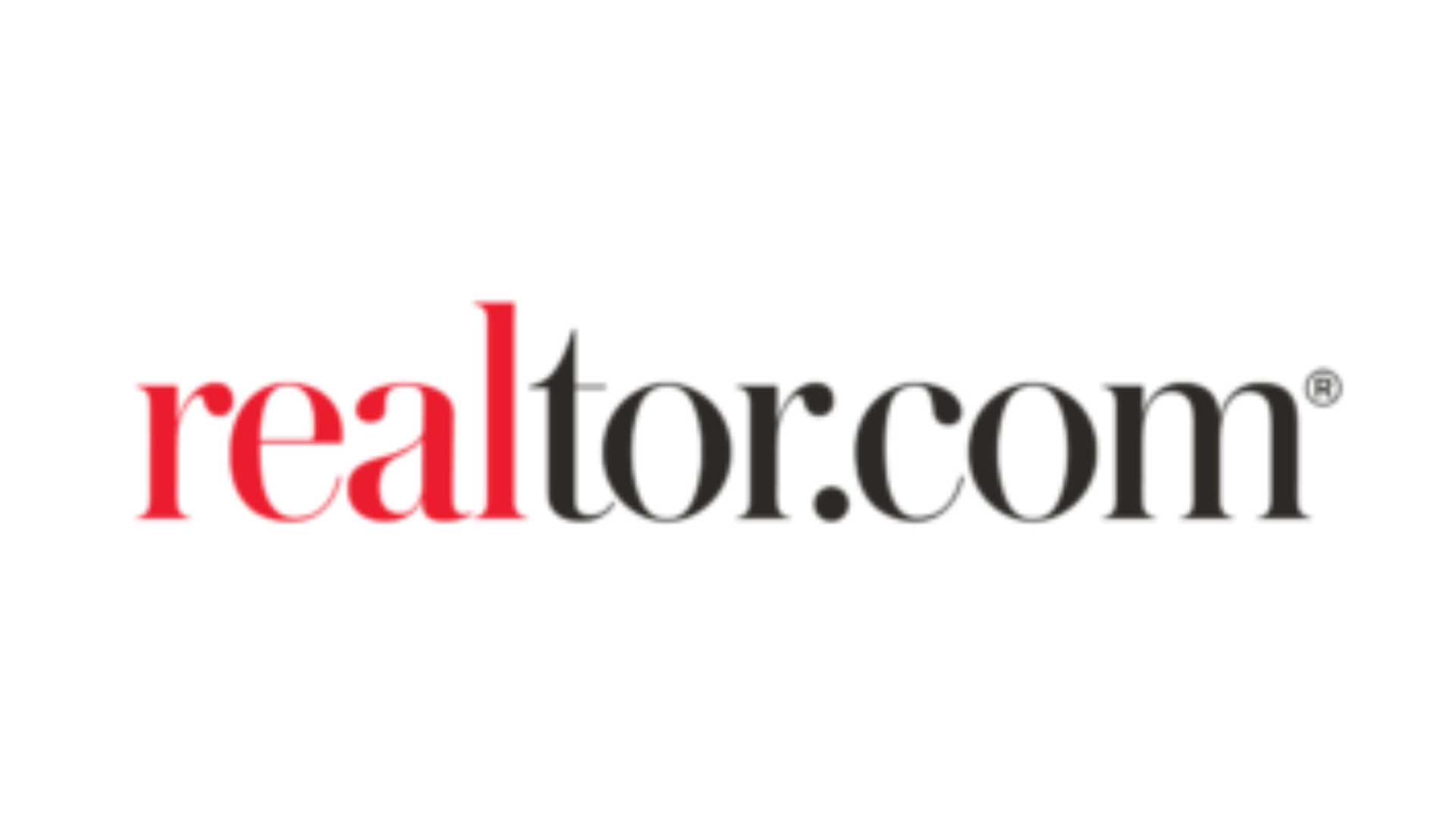FHA Tightens Their Belt on Landlords and Self Employed
FHA Tightens Their Belt on Landlords and Self Employed
For months I have been waiting. We knew it was going to come. It was impossible for FHA to not react to the economic havoc Covid has created. Landlords and self-employed borrowers’ risk has exponentially grown. Landlords across the country are facing a lack of rental income and businesses are being impacted. Well, ladies and gentlemen FHA has tightened their belt and I expect more investors to follow suit and FHA to tighten even further. Here are the changes
Rental IncomeIf the borrower is qualifying with rental income, one of the following options must be applied to each property that generates rental income used for qualifying:
Self-Employment ReverificationFHA now requires additional documentation supporting that the business is open and active prior to closing when reverifying self-employment income.
|
It is important to note that these changes are for case number issued on and after August 12 th 2020. There are two issues in these new guides which I see as the biggest stumbling blocks for qualifying.
- In my experience generally people are doing FHA because they do not have a lot of assets. They are utilizing the 3.5% low down payment in order to get in the home. If you own a rental property you bought 1.5 years ago and do not have 6 months of reserves you now do not qualify via FHA based on these new guides if you need rental income to qualify
- The haircut to all rental income of 25%.
Everything else is just dotting I’s and crossing T’s. Making sure you are receiving payment for your rental to offset income seems fair. Making sure the income on your business still matches your prior year seems fair. So, what is next? FHA has allowed pretty high debt to incomes over the last few years.
I expect based on these changes we will see a reduction in allowable debt to income in the near future. If you are qualifying for VA you are going to want to make sure your lender is up to date on the guidelines and I would urge you to keep your debt to income below 45%. It is not the guideline yet but based on these changes I do not see that being too far off in the future.
To review the FHA letter https://www.hud.gov/sites/dfiles/OCHCO/documents/2020-24hsgml.pdf




